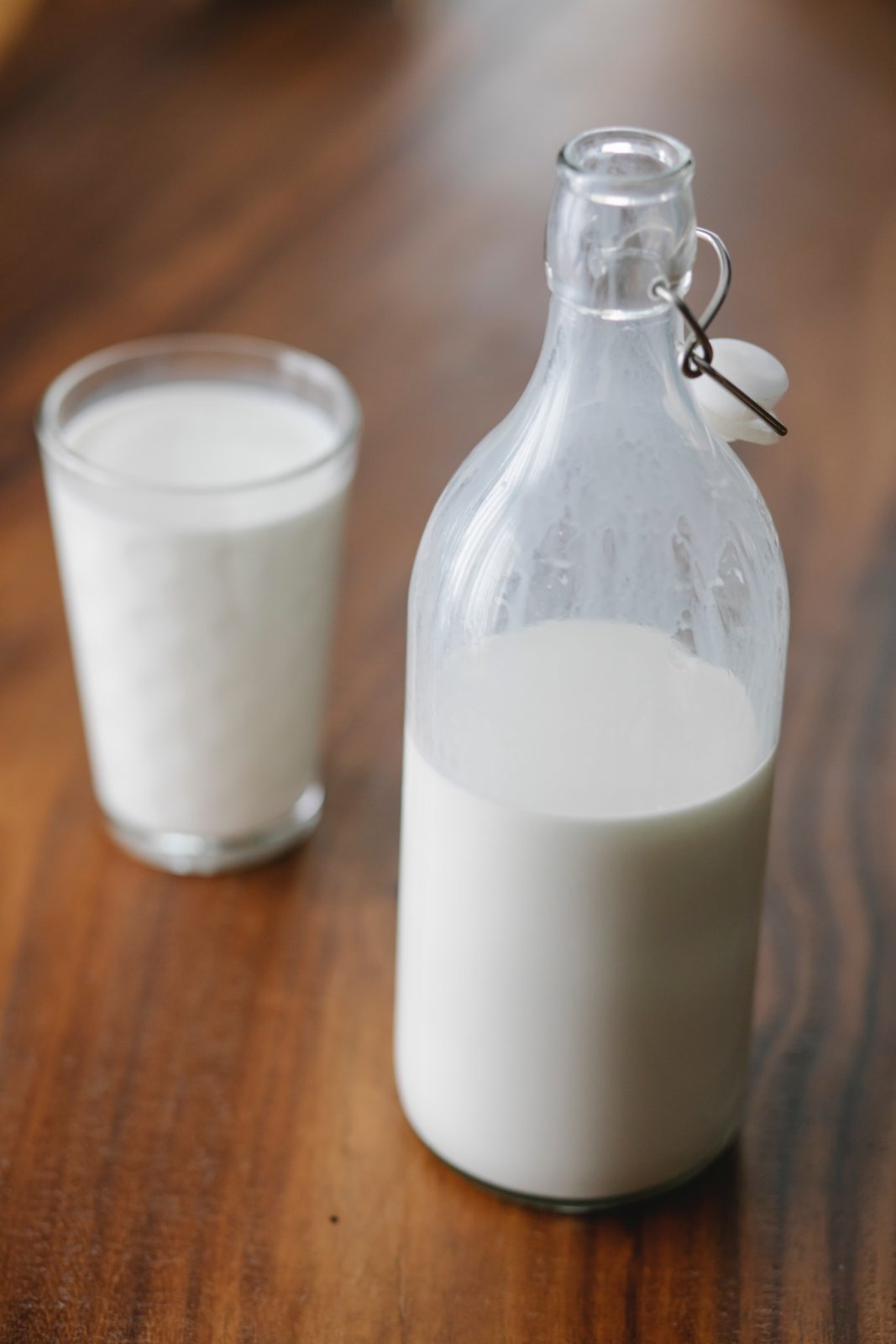Advertising slogans are beautiful and brands are useful. So why not combine the two? At least that’s what the food manufacturer Oatly AB asked itself and promptly applied for the slogan ‘IT’S LIKE MILK BUT MADE FOR HUMANS’ as a Union trademark at the European Intellectual Property Office (‘EUIPO’). Or at least tried to, because the EUIPO was not very enthusiastic and rejected the application. Oatly AB referred the matter to the European Court of Justice, General Court (January 20, 2021, T-253/20).
The registration of an EU trademark may be refused as set out in Article 7 of the EU Trademark Regulation (‘EuTMR’). Article 7(1)(b) UML states that trademarks lacking distinctive character are excluded from registration. This is precisely what the EUIPO had relied on: A trademark can only have distinctive character if it indicates the commercial origin of a product. A mere advertising slogan, however, is not perceived by the addressees as an indication of origin, but as advertising.
In the view of the EUIPO, the slogan of Oatly AB did not contain any content going beyond mere advertising. Especially since it is quite natural for vegan and lactose-intolerant people to regard milk as food that is not suitable for humans. The fact that there had been discussions about the slogan in the Netherlands, Denmark and Sweden was irrelevant for the decision, because it only depended on the understanding of the Member States in which English was the official language. Consequently, according to EUIPO, the mark was devoid of any distinctive character.

The ECJ took a different view and rapped EUIPO’s knuckles on three points:
Firstly, the ECJ held, it is very much a matter of the perception in countries in which English is not the official language, but in which English is widely understood. In any case, these are member states such as Denmark, the Netherlands, Finland and Sweden. The EUIPO should therefore have taken into account the discussions in the Netherlands, Denmark and Sweden. There, a public discussion had apparently flared up about the compatibility of animal milk for humans. In Sweden, the slogan had even been banned.
Secondly, no higher requirements were to be placed on advertising slogans than on other ‘signs’ to be registered as trademarks. They do not have to express any particular creativity; they do not have to be particularly surprising or have other special features. Rather, it is sufficient if, in addition to the merely advertising component, the slogan has a minimum degree of distinctiveness, i.e. the addressee recognizes peculiarities in the slogan which he can associate with a particular company.
Finally, the slogan does indeed have enough distinctive character to justify a trademark application. It is, according to the ECJ, state of public opinion that animal milk is a valuable part of human nutrition. Minorities such as vegans and people with lactose intolerance are also aware of this. So if the slogan combines the statement ‘Like milk’ with ‘for humans’ via a ‘but’, it is no longer a purely descriptive statement, as: A milk substitute product developed for human nutrition. Rather, the contradiction from the ‘but’ contains between the lines the statement that animal milk per se is not suitable for human nutrition. According to the second highest court of the European Union, this deviates from public opinion and makes the addressee wonder. This is also evidenced by the discussions in the various member states. And this ‘pruning’ of the addressee of the slogan, according to the Luxemburg judges, is sufficient to get over the hurdle of the mere advertising statement. The addressee not only perceives the slogan, but also remembers it and recognizes it. Ergo, the slogan has sufficient distinctiveness for a trademark application.
Regardless of how widespread – or not widespread – a vegan lifestyle may be: This case shows how difficult the borderline between a non-protectable, merely descriptive or advertising statement on the one hand and a registrable trademark on the other hand can be. As is so often the case, we find ourselves in the area of tension between terms and statements that cannot simply be banned from competitors – after all, they have to be able to describe and advertise their products in some way – and the one scintilla of distinctiveness that does have recognition value and is therefore sufficient for a legal monopoly as a trademark. How far the protection of such a trademark actually goes is, of course, another matter altogether.
